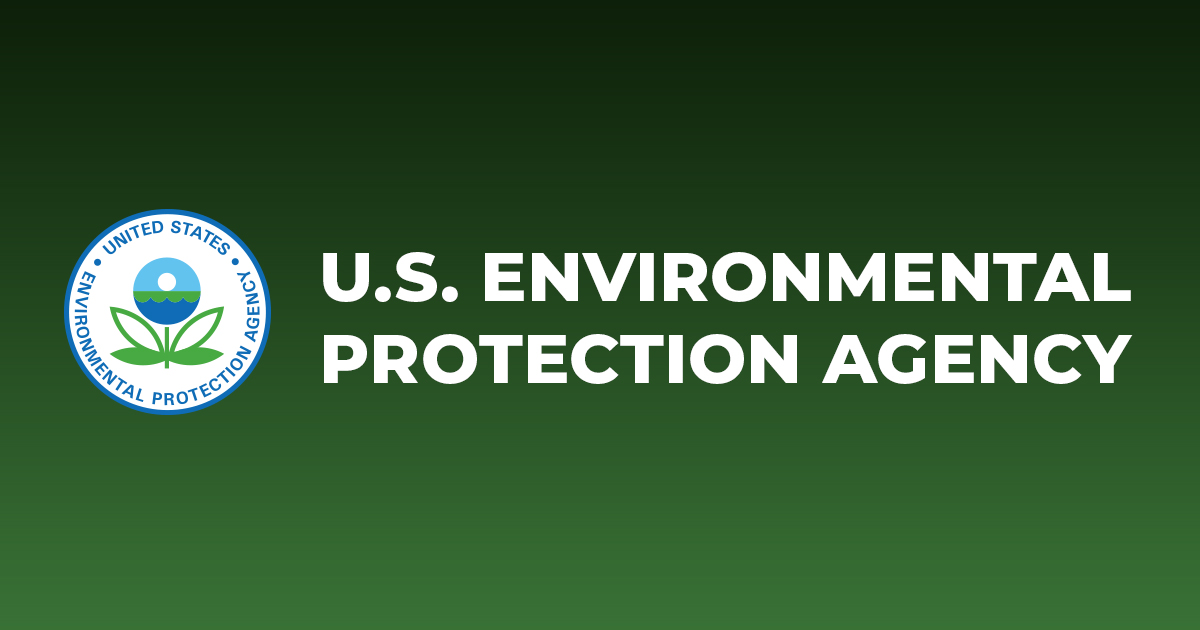
Reach Out
765-677-2313
Fax: 765-677-2315
4853 S. Western Ave.
Mon-Fri 7:00 a.m. - 5:00 p.m.
Facilities Services is a customer-focused organization responsible for the overall stewardship and care of the buildings, grounds and infrastructure on the Marion, Indiana, campus. We provide comprehensive and expert service in maintenance, landscaping, housekeeping, transportation and utilities. Whether you are a student, employee, alumnus, meeting guest or visitor, you are assured of facilities that are hallmarks of excellence because of our planned maintenance and renewal programs.
We currently maintain 2.2 million square feet of building space and 350 acres of campus and athletic grounds with a talented team of 80+ skilled technicians and trades workers, plus dozens of student workers. We offer many opportunities for flexible and rewarding student employment year round.
Work requests may be submitted online via the MyIWU website (password required).
Examples include: fire alarms, floods, clogged toilets, power failures, heating or cooling outages, and stuck or broken locks.
During business hours, call our Front Desk at x2313 (765-677-2313)
After hours or on weekends, call Campus Police at x4911 (765-677-4911)
Facilities Services Administration is responsible for overall leadership of the division, and serves the central communication and business functions. We provide reliable, real-time response to facilities service requests from staff, faculty and students through our easy-to-use SchoolDude© maintenance management system.
Maintenance Services provides preventive and corrective maintenance services for the Marion campus in all trade areas. Specific areas of responsibility include:
This department also provides a number of special services in support of the University community:
The Grounds and Landscaping department provides for the maintenance and care of the Marion campus grounds and athletic facilities. Our team of groundskeepers, certified chemical applicators, turf specialists and landscapers provides year-round service to maintain and beautify our campus. Services include:
The Housekeeping department employs 30+ committed staff on three shifts to provide the highest standard of care for the campus community, utilizing an effective team-cleaning method and green cleaning products. Specific services include:
IWU operates a large fleet of service and departmental vehicles, as well as a motor pool offering transportation for faculty, staff and approved student activities for a daily or monthly charge. All persons operating university vehicles are subject to IWU's Transportation Policy.
This department provides the following services:
The Environmental Protection Agency (EPA) has listed stormwater runoff from nonpoint sources as an emerging and major threat to water quality. In fact, nonpoint source pollution is now the leading cause of problems in water quality. Consequently, stormwater runoff has risen to the top of issues that need to be addressed in order to restore water quality in America.
It is important to restore water quality because we depend on water for a variety of our needs, such as irrigation, industrial processes, personal hydration, food and recreation.
Stormwater pollution also has profound negative impacts on our aquatic ecosystems. The slightest of changes in areas like water temperature and elevation can drastically alter aquatic habitats. These changes in the water can destroy the current biological system and usher in a new system that is able to tolerate the changes. Usually, the new biological system is not as complex, stable or desirable.
When you fertilize your lawn, you could also end up fertilizing the stormwater system.
| DO | DON'T |
|---|---|
|
|
Household Hazardous Waste is any product labeled as toxic, poisonous, corrosive, flammable or combustible. Common household products that enter into our storm drains include cleaners, soaps, detergents, paints and solvents.
| DO | DON'T |
|---|---|
|
|
America's number one source of water pollution comes from suspended solids like soil, silt and debris.
| DO | DON'T |
|---|---|
|
|
Small leaks matter. It only takes four quarts of oil from your car's engine spilled or dumped down a storm drain to create an eight-acre oil slick.
| DO | DON'T |
|---|---|
|
|
No matter where your pet goes to the bathroom, stormwater runoff can pick it up and take it into the storm sewer system.
Do:| DO | DON'T |
|---|---|
|
|
